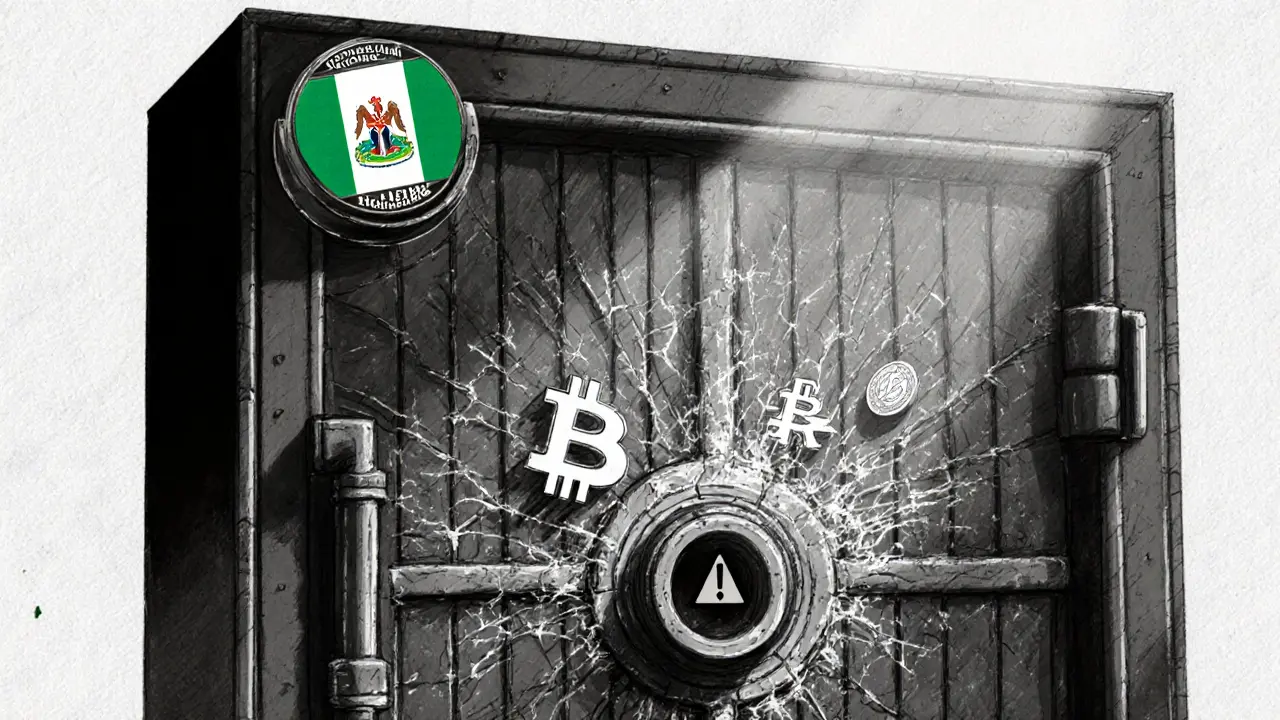Nigerian Crypto Adoption – Trends, Drivers, and Future Outlook
When talking about Nigerian crypto adoption, the increasing use of digital currencies by Nigerians for payments, savings, and investment. Also known as crypto uptake in Nigeria, it shows how people turn to crypto to protect wealth and access services when traditional options fall short.
This shift doesn’t happen in a vacuum. Inflation in Nigeria, a persistent rise in consumer prices that erodes buying power pushes users toward assets that can hold value. At the same time, crypto regulation in Nigeria, government policies shaping how digital assets are used and reported creates both hurdles and clarity for the market. Mobile‑first fintech platforms like wallets and peer‑to‑peer exchanges give people the tools to trade, while the rise of crypto exchanges, online services that let users buy, sell, and store cryptocurrencies fuels daily transactions. These elements together form a feedback loop: higher inflation fuels demand, demand attracts more exchanges, and regulation tries to keep the system safe.
Key Players and Practical Implications
On the ground, crypto adoption Nigeria is driven by three practical forces. First, everyday workers use stablecoins to send remittances abroad, bypassing costly bank fees. Second, small businesses accept Bitcoin or USDT as payment to reach customers who prefer digital money over cash. Third, young investors leverage decentralized finance (DeFi) protocols to earn yields that traditional banks can’t match. Each of these use cases is backed by the technical backbone of blockchain, which guarantees transparent, immutable records without a central authority. The result is a vibrant ecosystem where wallets, payment apps, and local exchanges interact seamlessly, letting users move money across borders in minutes.
Looking ahead, the ecosystem will likely see three big changes. Regulatory clarity is expected to improve, giving businesses confidence to integrate crypto services. Meanwhile, mobile network operators are experimenting with crypto‑enabled airtime purchases, blending telecom and finance. Finally, education initiatives from community groups and online platforms are demystifying concepts like staking and liquidity provision, turning casual users into informed participants. All of these trends point to a future where crypto isn’t just a hedge against inflation—it becomes a mainstream financial tool for millions of Nigerians.
Below you’ll find a curated list of articles that dive deeper into each of these topics— from market snapshots and exchange reviews to practical guides on using crypto for everyday needs in Nigeria.

Nigeria Crypto Banking Ban Reversal: 2021‑2025 Timeline & Impact
Explore Nigeria's journey from the 2021 crypto banking ban to the 2025 Investments and Securities Act, with a clear timeline, regulatory details, and impact on users and businesses.
